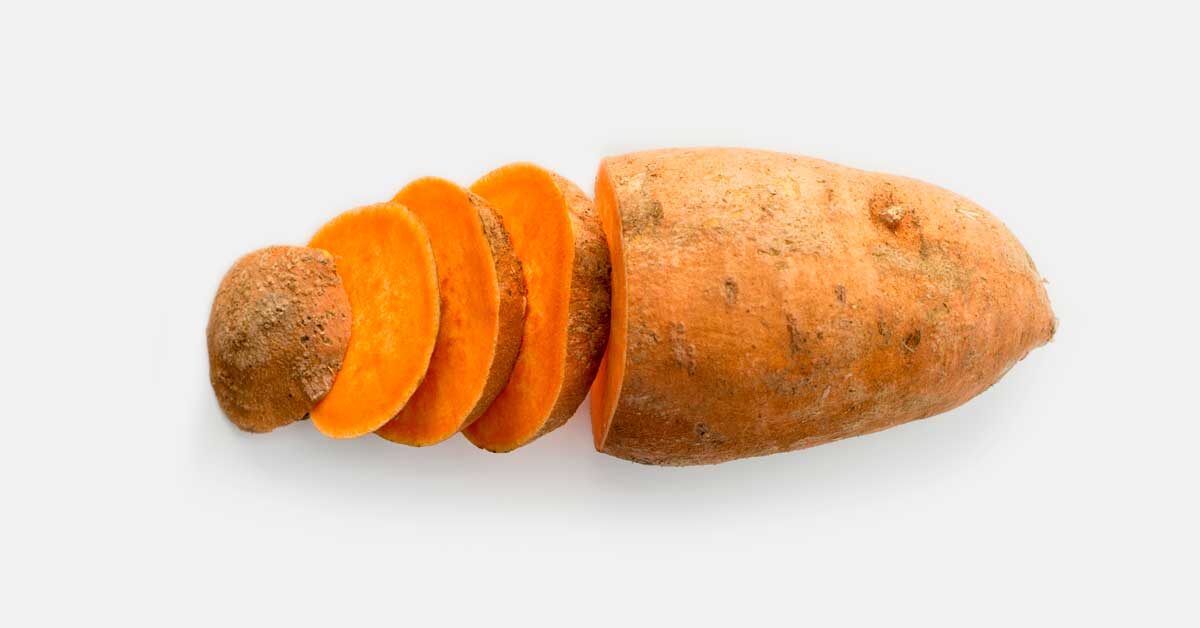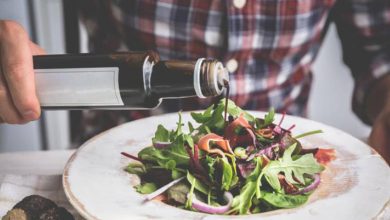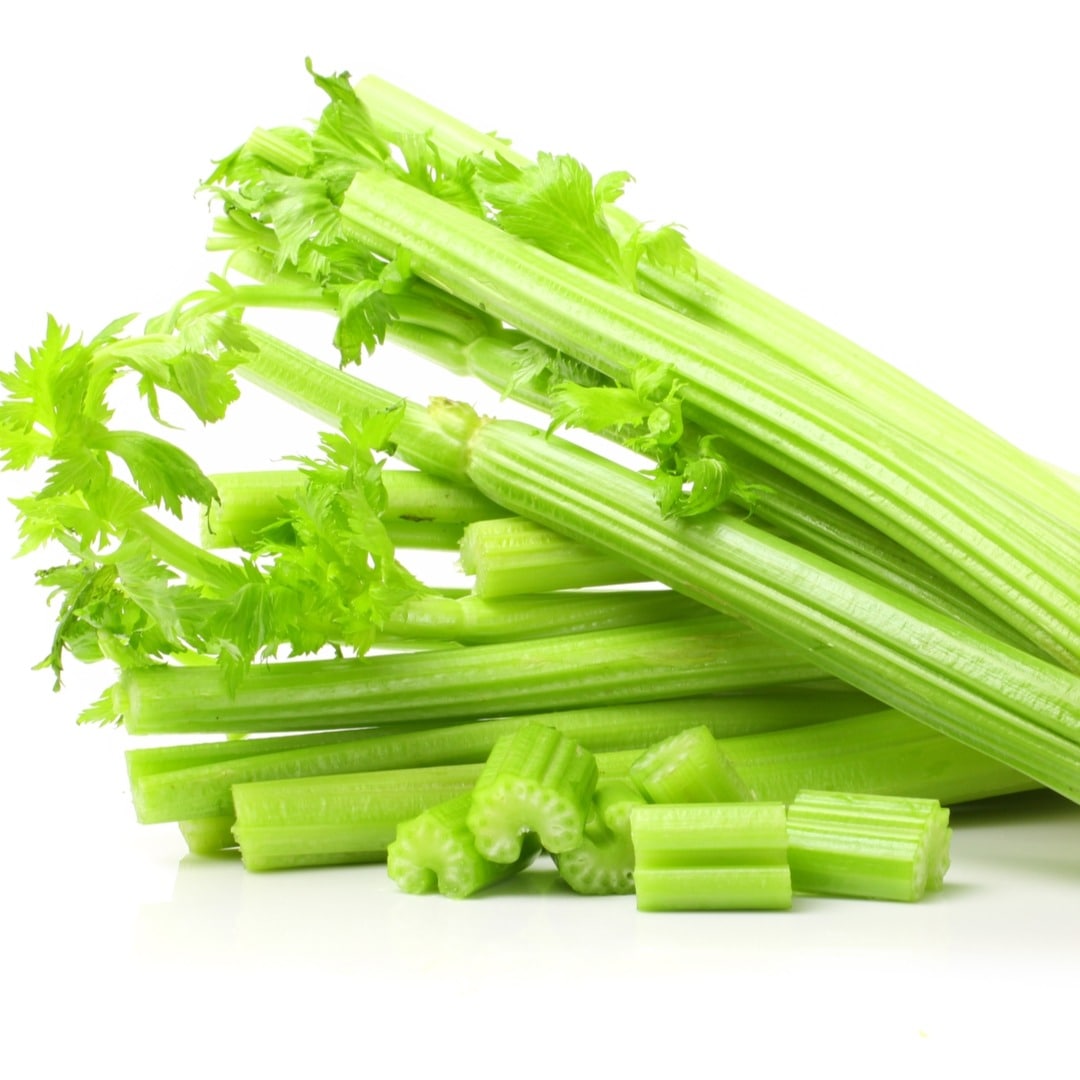The vegan diet is a complete weight loss program for beginners
Vegetarianism has become very popular. Many people have decided to eat vegetarian for ethical, environmental, and health reasons. If done correctly, such a diet can lead to various health benefits, including weight loss and improved blood sugar control. An exclusively plant-based diet may, in some cases, increase the risk of nutrient deficiencies, so never seek these diets without consulting a nutritionist.
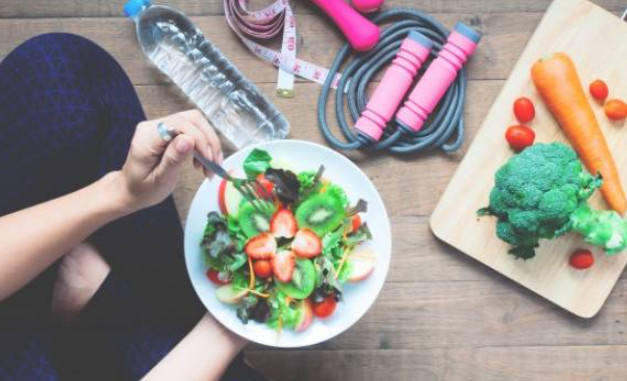
What is a vegan, vegetarian diet?
Vegetarianism is defined as a way of life that seeks to eliminate all animal exploitation forms, including food, clothing, or anything else. For these reasons, a plant-based diet is free of all animal products, including meat and eggs. And dairy and people choose a vegetarian diet for a variety of reasons. The vegan diet ranks 19th in the list of best diets. It is also one of the top 10 weight-loss diets, the best heart-friendly diets, and the best diabetic diets.
Eliminates almost all animal and dairy products (including eggs) from your diet. This includes anything made with gelatin and made from animal bones and toxins. On the other hand, vegetarians eat large amounts of fruits, vegetables, leafy vegetables, whole grains, nuts, seeds, and legumes.
There are several types of vegan, vegetarian diets:
Completely vegetarian diet:
The diet should be based on a wide range of plant foods such as fruits, vegetables, whole grains, legumes, nuts, and seeds.
Raw plant diet:
A vegetarian diet is based on fruits, vegetables, nuts, seeds, or plant foods cooked at temperatures below 118 degrees Fahrenheit (48 degrees Celsius).
Starch:
The diet is low in fat and carbohydrates but focuses on rice, potatoes, and corn instead of fruit.
healthy diet:
A healthy diet is a plant-based diet. People who eat plant foods eat all raw foods, or at least at low temperatures.
Harmful plant diet:
A vegetarian diet depends on lots of fries, vegetable desserts, and other processed plant foods.
Although there are several plant-based diets, most scientific studies rarely distinguish between different types of vegetarian diets.
An herbal diet that helps you lose weight:
Lean vegetarians have a lower body mass index (BMI), which is why many people turn to a vegetarian diet as a way to lose weight.
Some of the benefits of weight gain may be related to other factors such as a healthy lifestyle such as physical activity, and other health-related behaviors. However, several randomized controlled trials, which control external factors, report diets. Herbs are more effective than other diets for weight loss.
Researchers generally report that participants on a vegan, vegetarian diet lose more weight than on a low-calorie diet, even if they are allowed to eat. The natural tendency to eat fewer calories in a plant-based diet may be due to fiber creating a high that can make you feel full.

Vegan, vegetarian diet for blood glucose and type 2 diabetes:
Vegetarianism may help maintain blood sugar and type 2 diabetes. Numerous studies show that vegetarianism is beneficial for lowering blood sugar, high insulin sensitivity, and reducing the risk of type 2 diabetes by 78%. Also, vegetarianism lowers blood sugar by 2.4 times in people with diabetes. Part of this benefit may be due to the consumption of fiber, which may lower blood sugar.
Vegan Vegetarian Diet and Heart Health:
Vegetarianism can help keep your heart healthy. Several reports suggest that vegetarianism is more effective in lowering blood sugar, LDL, and total cholesterol than the current diet. These effects, mainly because they lower blood pressure, cholesterol, and blood sugar, can reduce heart disease risk by 46 percent.
Other benefits of herbal diet
- Cancer risk: Vegetarianism may reduce the risk of cancer growth or death by up to 15%
- Osteoarthritis: Vegetarianism is especially effective in reducing osteoarthritis symptoms such as pain, joint swelling, and morning stiffness.
- Kidney function: People with diabetes who use meat as a substitute for vegetable protein may reduce the risk of kidney failure.
- Alzheimer’s disease: Field studies show that vegetarianism may help reduce the risk of Alzheimer’s disease.
Vegetarians should avoid any animal food.
- Meat and poultry: Beef, mutton, mutton, beef, chicken, turkey, goose, duck, etc.
- Fish and seafood: a variety of fish, gypsy fish, shrimp, fish.
- Dairy products: milk, yogurt, cheese, butter, cream, ice cream, and so on
- Eggs: from chicken, ostrich, quail, fish, and so on.
- Bee products: Bee pollen, jelly, and so on.
- Animal Ingredients: Whey, cheese, lactose, egg whites, gelatin, and fish omega-3 fatty acids
Foods you should eat:
- Soy, wheat: In many recipes, these are high-protein meats, fish, poultry, and eggs.
- Legumes: Foods such as beans, lentils, and peas are excellent sources of nutrients and plant compounds. Proper cooking, fermentation, and cooking can increase the absorption of nutrients.
- Nuts, especially without breadcrumbs, are good sources of iron, fiber, magnesium, zinc, selenium, and vitamins.
- Seeds: Especially hemp, chia, and flaxseed are rich in protein and omega-3 fatty acids.
- Calcium: Vegetarians also need to get the calcium their body needs. Take vitamins B12 and D.
- Food yeast: This is an easy way to increase plant foods’ protein and add exciting flavors and cheese. If possible, choose the type of vitamin B12.
- Whole grains, nutrients: These are excellent carbohydrates, fiber, iron, – B vitamins, and several minerals. Wheat, coriander, and quinoa are exceptionally high in protein.
Fruits and vegetables: Both are great foods and increase nutrients. Green vegetables such as buckwheat, leeks, spinach, kale, and mustard seeds are rich in iron and calcium.
Risks and how to reduce them:
People on unhealthy plant-based diets are more likely to be deficient in nutrients. Vegetarians are more prone to anemia, vitamin B12, vitamin D, omega 3, iron, iodine, calcium, zinc; adequate absorption of these nutrients is a concern for everyone. Still, it may be a particular risk for pregnant and lactating women. Be a child. Genetic makeup and the composition of gut bacteria may affect your ability to get the nutrients you need. One way to minimize the risk of deficiency is to eat plenty of canned plant-based foods instead.
Fortified foods, especially those fortified with calcium, vitamin D, and vitamin B12, should also be on the plate. Also, vegetarians who want to increase their absorption of iron and zinc should eat fermented, sprouted, and cooked foods. Also, try using iron dishes for cooking, avoid tea or coffee with food, and combine iron-rich foods with a source of vitamin C, which can increase iron absorption. Large amounts include chia, hemp, flaxseed, walnuts, and soy.
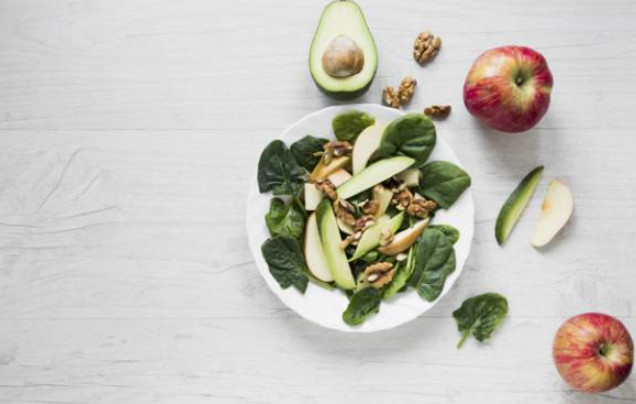
Supplement:
Some vegetarians may not find enough rich or nutritious food in their daily diet. In this case, the following supplements may be beneficial:
Vitamin B12: Vitamin B12 in the form of cyanocobalamin seems to work well for many people.
Choose Vitamin D: D2 or D3
Source of algal oil: EPA and DHA
Iron: Only to be completed in case of documented defects. Excessive iron supplementation can cause health problems and prevent the absorption of other nutrients.
Iodine: Add a teaspoon or 1/2 teaspoon of iodized salt to your diet.
Calcium: Calcium is absorbed in doses of 500 mg or less. Concomitant use of calcium with iron and zinc supplements can reduce their absorption.
Sample Vegan Vegetarian Diet Menu for a Week:
Monday
Breakfast: Vegetarian breakfast sandwich with soy cheese, lettuce, tomatoes, turmeric, and vegetable milk powder.
Lunch: pumpkin, quinoa salad with peanut sauce.
Dinner: lentils and spinach on rice.
Tuesday
Breakfast: Oatmeal with fruit, fortified vegetable milk, chia seeds, and nuts.
Lunch: Sour cabbage sandwich.
Dinner: Pasta with lentils, salad, and sauce.”
Wednesday
Breakfast: Mango and spinach smoothie with fortified vegetable milk and banana muffins – Flaxseed
Lunch: Soy cheese sandwich with tomato salad
Dinner: Chili pepper
Thursday
Breakfast: Wheat toast with butter, bananas, and vegetable yogurt
Lunch: Noodle soup with vegetables
Dinner: lettuce, corn, beans, pills, avocado
Friday
Breakfast: vegetable and onion omelet and cappuccino coffee with vegetable milk powder.
Lunch: Vegetable sandwich with mango sauce – pineapple.
Dinner: Bok Choi and fried broccoli.
Saturday
Lunch: Lentil slab, tomato, and cabbage soup with toast.
Dinner: Sushi, soup, and salad
Sunday
Breakfast: pancakes, salsa, and a glass of fortified orange juice
Lunch: mustard greens
Dinner: Marigold flowers
Remember to change your protein and vegetable sources throughout the day, as they each provide different vitamins and minerals for good health.

How to be a vegetarian in a restaurant?
Eating as a vegetarian can be challenging. One way to reduce stress is to identify vegetarian restaurants. When eating out at a non-vegetarian restaurant, check out online food beforehand to see their options. Sometimes, prior contact with the chef allows you to arrange a special meal for you. It will enable you to go back to the restaurant and be sure to have something more interesting than a salad with it.
When choosing a restaurant, look at the menu before entering and sitting. After entering the restaurant, try the vegetarian options on the list and ask if you can skip the milk or eggs. Another simple tip is to order a few plant-based foods or other foods to prepare a meal. Providing
Healthy vegetarian snack:
- Some attractive options are:
- Fresh fruit with a bit of butter
- the vegetables
- Yeast and corn
- Roasted peas
- Fruits
- Tea Pudding
- Homemade cookies
- Vegetable milk
- Dry milk or cappuccino coffee
- Dried seafood
- Whenever you plan for a vegetarian snack, try to choose fiber and protein-rich options to help with your hunger.
Frequently Asked Questions About Vegan Vegetarian Diet
- Can I eat raw foods as a vegetarian?
Of course not. Although some vegetarians do this, eating raw plants is not recommended for everyone. Many vegetarians eat cooked food and have no scientific basis. Eat only natural foods.
- Does a change in the vegetarian diet help me lose weight?
Nutrition based on nutrients, all plant foods, and limiting the process can help you lose weight. As mentioned above, for weight loss, plant-based diets help people burn fewer calories.
- What is the best milk substitute?
There are many options for vegetable milk for cow’s milk. Soy and hemp are high in protein. Whichever type of milk you choose, make sure it is high in calcium, vitamin D, and, if possible, B12.
4- Vegetarians tend to consume soya a lot. Is this bad for you?
Soybeans are an excellent source of plant proteins. They contain a wide range of vitamins, minerals, antioxidants, and beneficial plant compounds. However, soy can suppress thyroid function in susceptible individuals and cause bloating and diarrhea.
- How can I replace eggs in recipes?
Chia and flaxseed are suitable substitutes for eggs. To replace the egg, mix one tablespoon of chia and three tablespoons of your seeds with hot water and let it cool. In some cases, mashed bananas can be a good substitute for eggs. Soy is a good substitute for eggs.
- How can I make sure I have enough protein?
Vegetarians can make sure they get the protein they need daily with protein-rich plant foods in their daily meals.
How can I make sure I have enough calcium?
Calcium-rich foods include buckwheat, kale, mustard vegetables, turnips and broccoli, chickpeas. Milk thistle is also a great way for vegetarians to increase their calcium intake. The amount of calcium is 1000 mg per day and rises to 1200 mg per day for adults).
Some believe that a lack of meat in the diet may reduce some of the daily needs. There is not much scientific evidence to support or refute this claim. However, current studies show that consuming less than 525 mg of calcium daily increases the risk of bone fractures. For this reason, vegetarians should consume 525 mg of calcium per day.
Should I take a vitamin B12 supplement?
Vitamin B12 is commonly found in animal foods. Some plant-based foods may contain this type of vitamin, and despite rumors, there is no scientific evidence to support unwashed products as a reliable source of vitamin B12. The recommended daily intake is 2.4 micrograms per day for adults, 2.6 micrograms per day during pregnancy, and 2.8 micrograms per day during lactation.
Vitamin B12 Products and Supplements There are only two safe types of vitamin B12 for vegetarians. Unfortunately, many vegetarians do not get enough vitamin B12 to meet their daily needs. If you can not meet your daily needs through vitamin B12 products, you should take vitamin B12 supplements.
People may choose vegetarianism for ethical, environmental, and health reasons. If done right, vegetarianism can be easily traced and can provide a variety of health benefits. As with any diet, these benefits only appear if you are consistent and build your diet around nutrient-rich plant foods, especially those that can meet their daily dietary needs, instead of fully processed foods. If they are not on a diet, they should take supplements.



